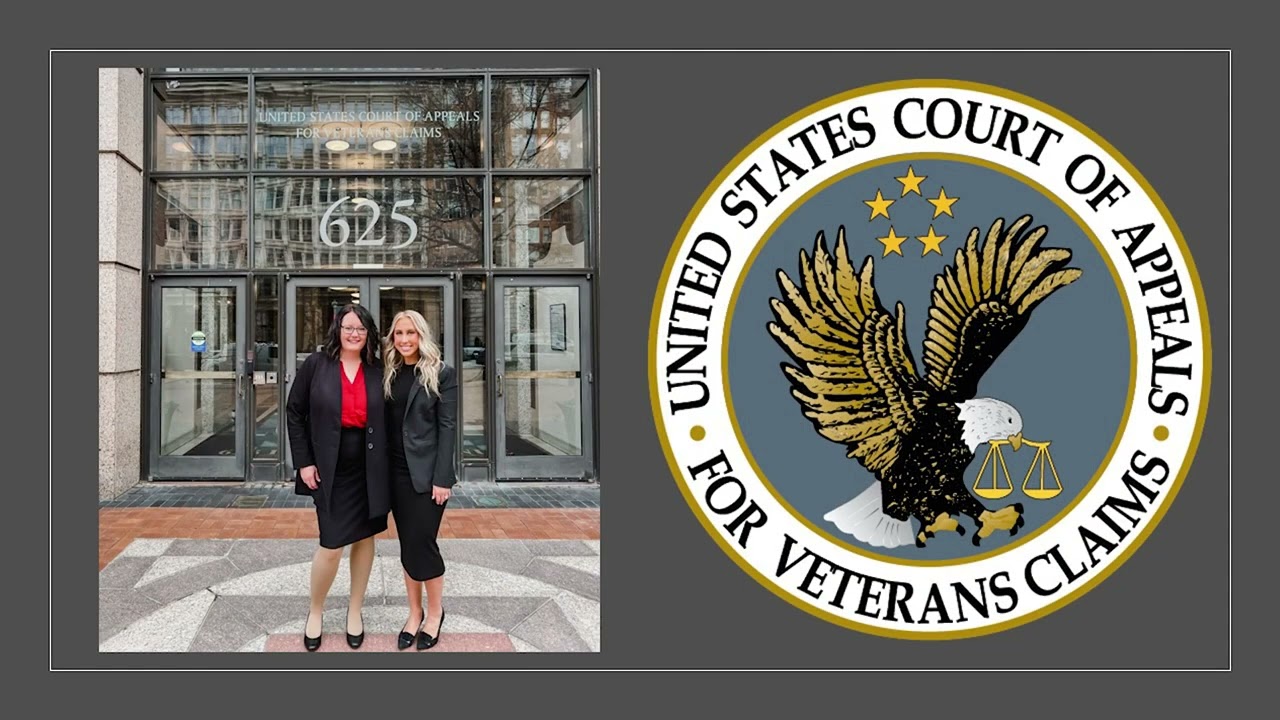
This panel has the responsibility of giving the Department of Veterans Affairs the final decision on veterans’ claims. Bennett stated, “We believe that the VA individual ratings for these progressive impairments should not replace, but should be added to, a general grade for Parkinson’s disease.” “As the veteran’s symptoms became more severe, the underlying condition of Parkinson’s disease did not improve, and neither should his disability benefits,” said Bennett.
The United States Court of Appeals for Veteran Claims (CAVC) is a special court that helps veterans who have been denied benefits by the Department of Veterans Affairs (VA). The court was created in 1988 to make sure that veterans get a fair shake when it comes to their benefits.
The CAVC is a bit like a referee in a sports game. When a veteran appeals their benefits decision to the CAVC, the court reviews what the VA did to make its decision. The court looks at whether the VA followed the rules and the law when it made the decision. If the court finds that the VA made a mistake, it can send the case back to the VA to be fixed or it can make a decision itself.
Any veteran who has been denied benefits by the VA can appeal their case to the CAVC. That means if a veteran asked the VA for help and was told no, they can ask the CAVC to look at the decision. The veteran can do this on their own or with the help of an attorney, a person who knows a lot about the law. The veteran’s family members can also help the veteran, but they cannot go to the CAVC on their own.
When a veteran goes to the CAVC, they need to show the court why they think the VA made a mistake. They might say that the VA did not follow the rules or that the VA did not look at all of the evidence. The veteran needs to show the court why the VA made the wrong decision and what should be done to fix it.
The CAVC has the power to make decisions about veteran benefits, but it cannot make laws. That means if a veteran disagrees with the CAVC decision, they can ask another court, called the United States Court of Appeals for the Federal Circuit, to look at the case. If the veteran still disagrees, they can ask the highest court in the United States, the Supreme Court, to look at the case.
Because it helps veterans who have been denied benefits by the VA. It is a place where veterans can go to make sure that the VA followed the rules and the law. Any veteran who has been denied benefits by the VA can appeal their case to the CAVC, and they can do it with the help of an attorney or family member. The CAVC is a way for veterans to get the benefits they deserve, and it is an important part of the justice system in the United States.
Our monthly newsletter features about important and up-to-date veterans' law news, keeping you informed about the changes that matter.